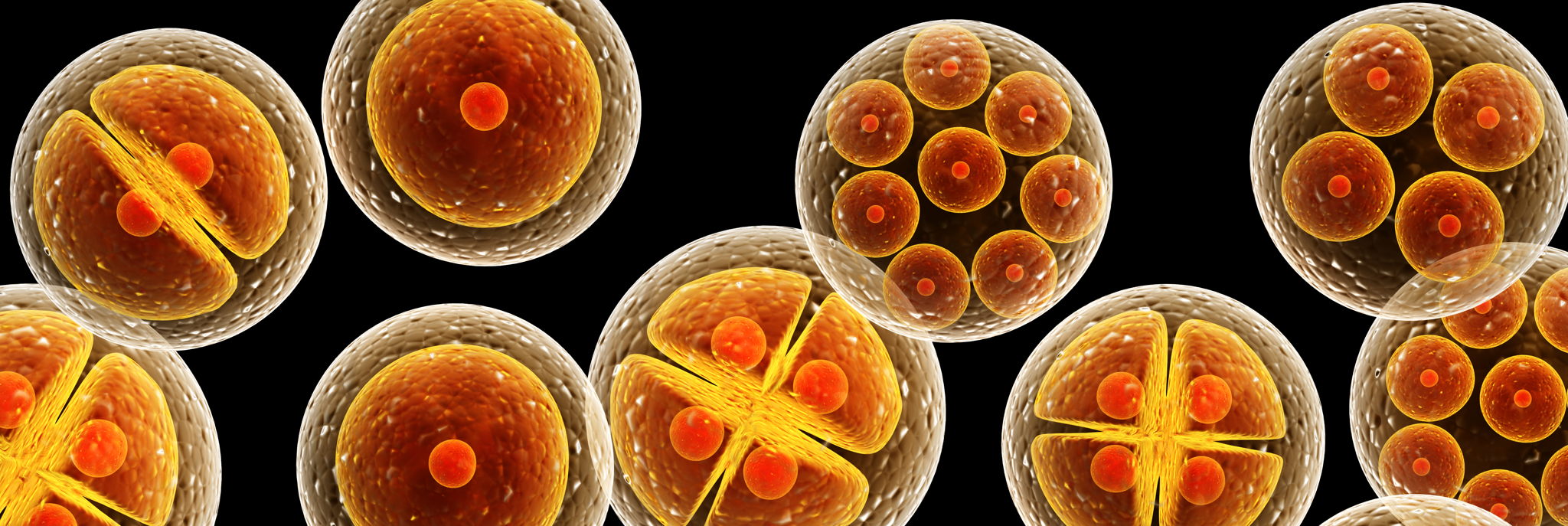Scientists discover a new brake on cell death
The protein ATG9A blocks the cell-killing signal of tumor necrosis factor and prevents unwanted cell death
Many inflammatory diseases develop when the body goes overboard and kills too many healthy cells. The group of Prof. Mathieu JM Bertrand (VIB-UGent Center for Inflammation Research), in collaboration with the team of Prof. Geert van Loo (VIB-UGent Center for Inflammation Research) and colleagues from the University of Regensburg and Juntendo University, has identified a new mechanism, mediated by the autophagy protein ATG9A, that blocks this excessive cell death. Their work appears in Science.
Life or death
Cell death can be good or bad. During infections, for example, our body can kill infected cells to safeguard healthy cells and stop the infection from spreading. However, the extent of cell death needs to be contained. Excessive cell death can be very harmful and lead to the development of many diseases, such as neurodegenerative disorders or autoimmune conditions.
One of the key molecules involved in cell death is TNF, or Tumor Necrosis Factor, which can instruct the cell to kill itself. Normally, this lethal signal is suppressed by intracellular cell death checkpoints, which act as brakes on TNF’s killing potential. Yet, occasionally, TNF can still trigger death even when these brakes are active, indicating the existence of additional unknown cell death checkpoints.
Prof. Mathieu Bertrand: “The cell death checkpoints that actively repress TNF cytotoxicity constitute crucial safeguards against various inflammatory diseases. Preliminary results from the lab indicated the existence of yet-to-be-discovered additional protective brakes in the TNF pathway.”
Finding a new brake
The team of Prof. Mathieu Bertrand, in collaboration with the group of Prof. Geert van Loo (VIB-UGent Center for Inflammation Research) and colleagues at the University of Regensburg and Juntendo University, identified such a new brake on TNF cytotoxicity. The lab discovered this new pro-survival mechanism by performing a CRISPR/Cas9 screen in mouse embryonic cells. This screen allowed the researchers to delete every gene in the genome and observe the effects of that deletion on TNF-induced killing.
They found that a deletion of the gene coding for a protein known as ATG9A switched TNF to 'killing mode'. Further research revealed that ATG9A collaborates with a defined subset of ATG proteins to target toxic molecules activated by TNF for disassembly by the lysosomes, the cell's waste disposal system. When ATG9A (or any other component of the cell death brake) is absent, these pro-death molecules do not get removed, leading to unwanted cell death.
In addition, the researchers also demonstrated the physiological importance of this new cell death checkpoint using different mouse models. Removing the Atg9a gene in mice led to premature death, which was fully caused by excessive TNF-mediated cell death. Blocking this undesired cell death completely prevented the early lethality of these mice, highlighting the vital importance of this new cell death brake during development. Finally, the lab also found that this new cell death brake was crucial to prevent inflammatory skin disease in the mouse, which can potentially lead to the discovery of new treatments for people suffering from skin disorders.
Prof. Mathieu Bertrand: “While our results demonstrate the importance of this checkpoint to protect against TNF cytotoxicity in the mouse, it will now be interesting to look for mutations in ATG9A or other ATG components of the newly identified checkpoint in patients with inflammatory pathologies. Anti-TNF biologics would represent promising therapies for the patients carrying such mutations.”
.jpg)
Publication
ATG9A prevents TNF cytotoxicity by an unconventional lysosomal targeting pathway. Huyghe, Priem, et al. Science, 2022.
Gunnar De Winter



